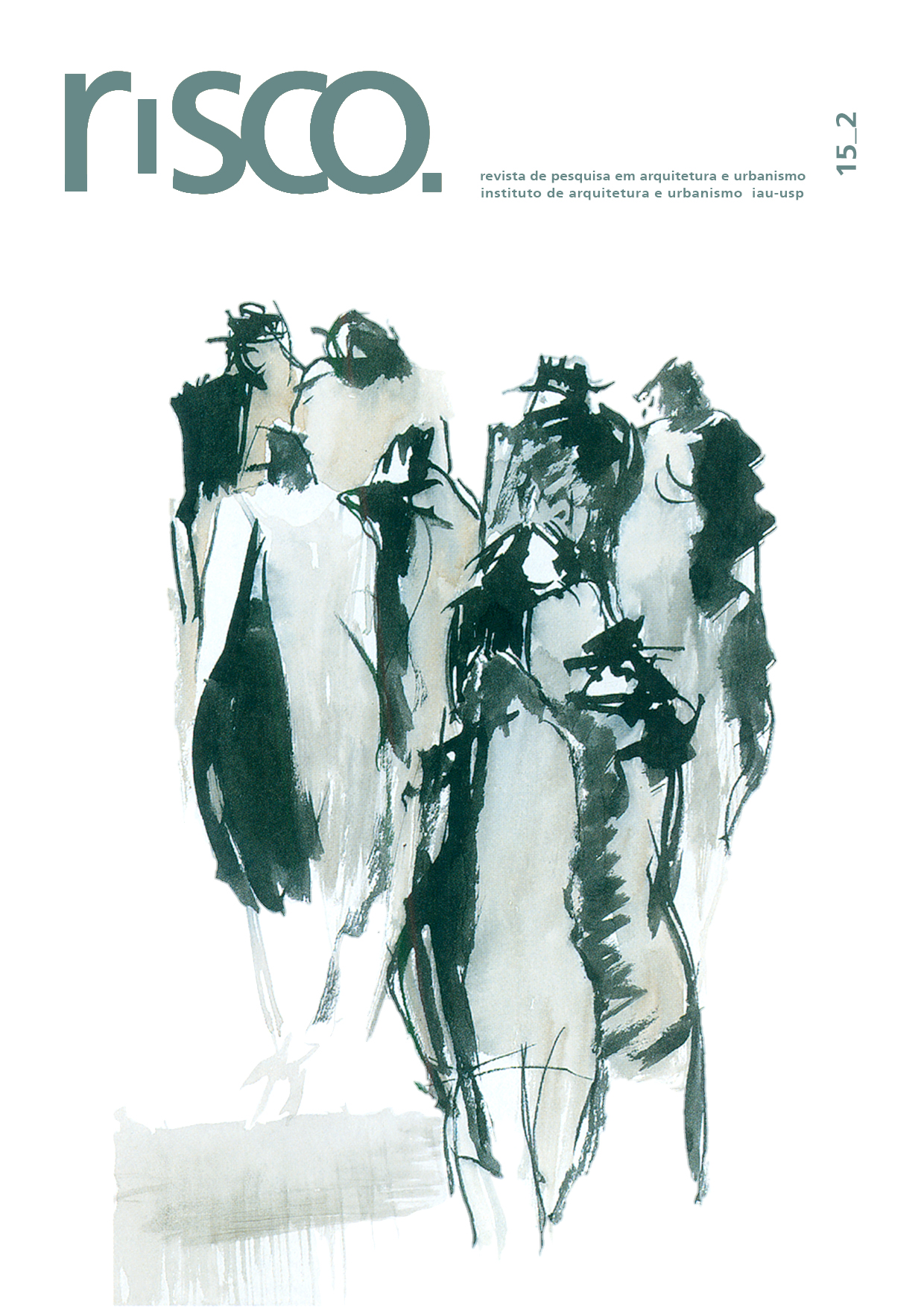The architect is a pretender
DOI:
https://doi.org/10.11606/issn.1984-4506.v15i2p7-26Keywords:
City, Architecture, TheaterAbstract
The Architecture can’t be a private language; it’s sentenced to be a public recitation. It is a particular type of
recitation because of the elements upon which the constructed world is based, have lost their primitive meaning, their mythical and symbolic foundation over time. It’s also true for the art of composing them. From the shipwreck of history to us, we receive systems of suspended signals, as if we had almost to operate with hieroglyphs whose decoding remains uncertain. This is a condition that is completely revealed when the architecture gets away from a specific destiny and from a definite utility, and shows itself “as a system”: as in the scenes of old theaters, or in porte urbiche, or in certain façades types. The architecture language is based on the rules of a very noble game. Fernando Pessoa, while he was writing, he pretending to be a different writer in which he was equal and invented. He held that the poet is a pretender. The architect destiny is analogous. The architect is also a pretender.
Downloads
References
Downloads
Published
Issue
Section
License
Autores que publicam nesta revista concordam com os seguintes termos:
a. Autores mantém os direitos autorais e concedem à revista o direito de primeira publicação, com o trabalho simultaneamente licenciado sob a Licença Creative Commons Attribution BY-NC-SA que permite o compartilhamento do trabalho com reconhecimento da autoria e publicação inicial nesta revista.
b. Autores têm autorização para assumir contratos adicionais separadamente, para distribuição não-exclusiva da versão do trabalho publicada nesta revista (ex.: publicar em repositório institucional ou como capítulo de livro), com reconhecimento de autoria e publicação inicial nesta revista.
c. Autores têm permissão e são estimulados a publicar e distribuir seu trabalho online (ex.: em repositórios institucionais ou na sua página pessoal) a qualquer ponto antes ou durante o processo editorial, já que isso pode gerar alterações produtivas, bem como aumentar o impacto e a citação do trabalho publicado (Veja O Efeito do Acesso Livre).

















